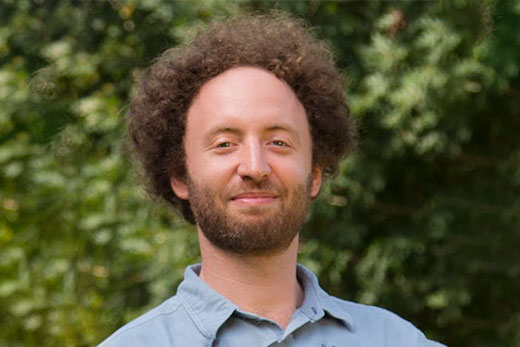Prof. Daniel Weissman receives NSF-CAREER award for “Quantifying Adaptation and Recombination in Pathogen Populations”

To usefully anticipate the evolution of pathogenic viruses and bacteria, quantitative theories that can connect it to the genetic sequencing data are needed. Prof. Weissman will use mathematical models, computer simulations, and analysis of genetic data to determine the quantitative rules of pathogen evolution to (1) understand how adaptations driven by large-effect mutations interfere with pathogens’ ability to simultaneously adapt in other ways, (2) find how interactions among mutations could have led to the sudden emergence of the Alpha, Beta, and Gamma SARS-CoV-2 Variants of Concern, and (3) find quantitative rules for how often bacteria within a species exchange genes with each other. The specific work in the proposed project will help us predict how much we need to limit the spread of the SARS-CoV-2 pandemic to avoid the potential emergence of Alpha-like adaptations on the Delta background, or even more complex adaptations. It will also help us predict which bacterial strains are likely to exchange genes, including those responsible for virulence and antibiotic resistance.